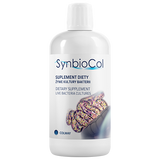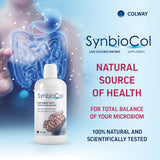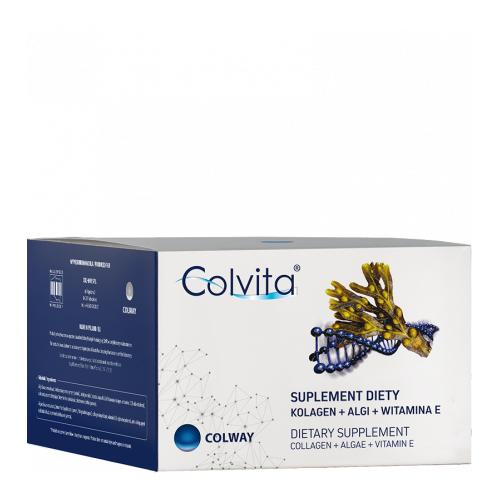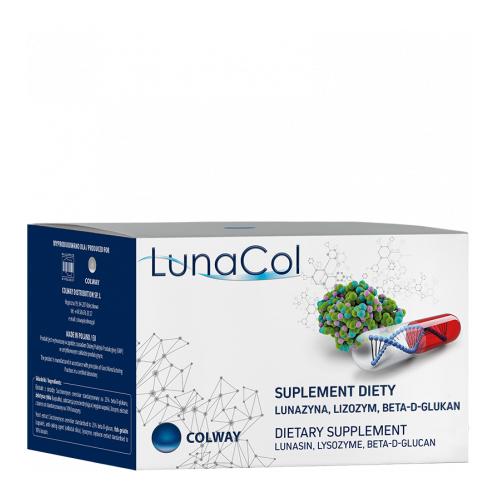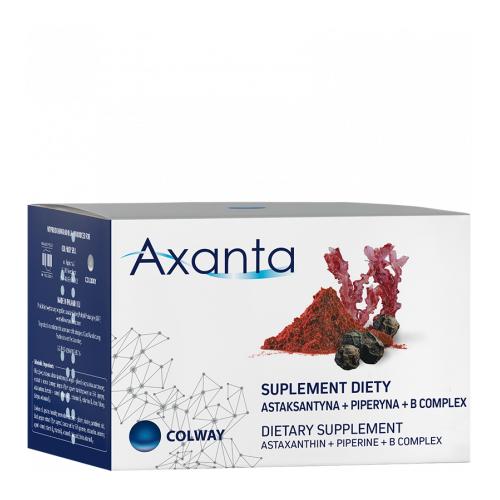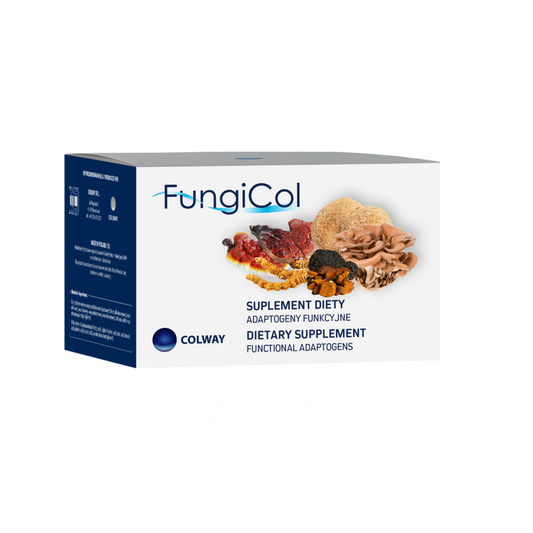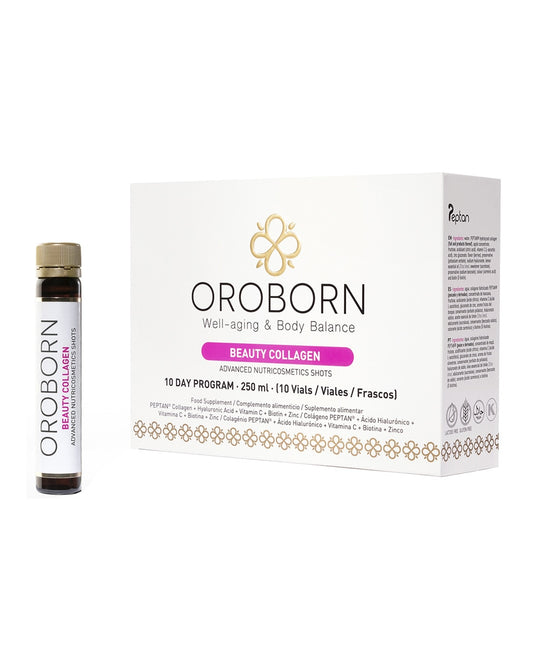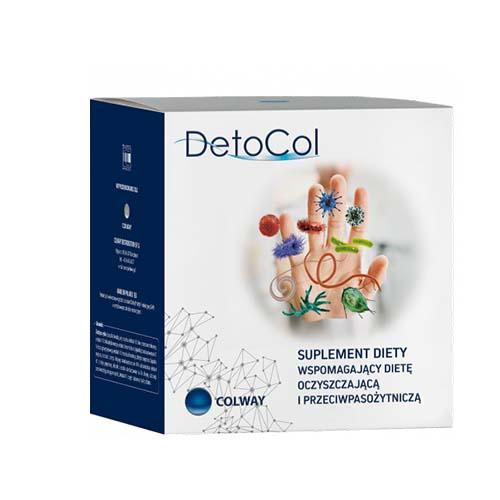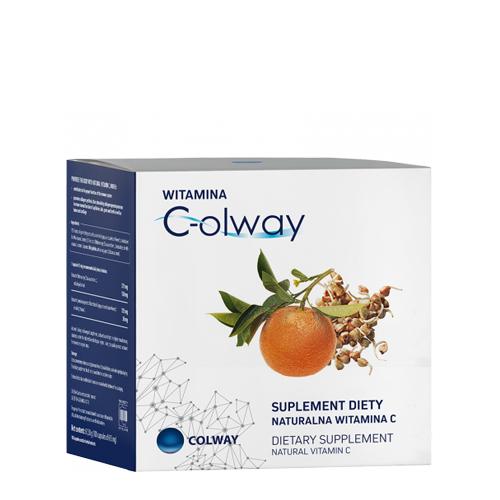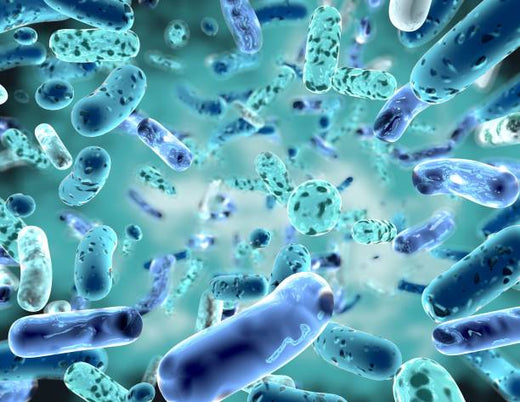Introduction to Immunonutrition
Immunonutrition is a field of study that focuses on how nutrition and the immune system interact. The food we eat can have a significant impact on our general health and well-being, and this includes the way our immune systems function. But have you ever wondered how probiotics, prebiotics, and symbiotics play a role in this? Let's break it down.
Probiotics: The Beneficial Friends
Probiotics are live microorganisms that, when consumed in adequate amounts, can provide health benefits to the host. They are found in a variety of foods, including yogurt, kefir, sauerkraut, and other fermented foods.
Benefits of Probiotics
Probiotics can help maintain a healthy balance of bacteria in the gut, which can improve immune function and digestion. They can also help prevent and treat certain illnesses, including antibiotic-associated diarrhea, irritable bowel syndrome, and certain allergies.
How to Incorporate Probiotics into the Diet
Incorporating probiotics into your diet can be as simple as adding yogurt to breakfast or eating sauerkraut as a side dish with dinner. There are also probiotic supplements available for those who may have difficulty getting enough probiotics through their diet.
Prebiotics: Food for Probiotics
Prebiotics are types of dietary fiber that feed beneficial bacteria in the gut. They are found in a variety of foods, including onions, garlic, bananas, asparagus, and oats.
Benefits of Prebiotics
Prebiotics can help improve gastrointestinal health, improve calcium absorption, and potentially reduce the risk of certain chronic diseases, such as heart disease and colon cancer.
How to Incorporate Prebiotics into the Diet
Incorporating prebiotics into your diet can be as simple as adding garlic or onion to meals, eating a banana as a snack, or adding oatmeal to breakfast.
Symbiotics: The Perfect Combination
Synbiotics are foods that contain both probiotics and prebiotics. An example of a symbiotic food is yogurt with added oats.
Benefits of Symbiotics
Synbiotics can provide the benefits of probiotics and prebiotics in one food. This can include better gastrointestinal health, better immune function, and a lower risk of certain diseases.
How to Incorporate Synbiotics into the Diet
Incorporating synbiotics into your diet can be as simple as adding oatmeal to yogurt, or eating a banana (prebiotic) with yogurt (probiotic).
Frequent questions
What are Probiotics?
Probiotics are live microorganisms that, when consumed in adequate amounts, can provide health benefits to the host.
What are Prebiotics?
Prebiotics are types of dietary fiber that feed beneficial bacteria in the gut.
What are Symbiotics?
Synbiotics are foods that contain both probiotics and prebiotics.
How Can I Incorporate Probiotics, Prebiotics and Symbiotics into my Diet?
You can incorporate these foods into your diet through foods like yogurt, kefir, sauerkraut, onion, garlic, bananas, asparagus, and oatmeal.
What are the Benefits of Consuming Probiotics, Prebiotics and Symbiotics?
These foods can help improve gastrointestinal health, improve immune function, and reduce the risk of certain diseases.
Are there Risks Associated with Consumption of Probiotics, Prebiotics and Synbiotics?
In general, these foods are safe for most people. However, some people may experience side effects such as gas, bloating, or an upset stomach. It's always a good idea to talk to a health professional before making any significant dietary changes.
Conclusion
Immunonutrition is a fascinating field of study that shows us how the food we eat can have a direct impact on our health and well-being. Probiotics, prebiotics, and synbiotics play important roles in this, and can be easily incorporated into the diet to improve gastrointestinal health, immune function, and reduce the risk of certain diseases. So next time you reach for a yogurt, remember, you're feeding your beneficial friends!























































































































